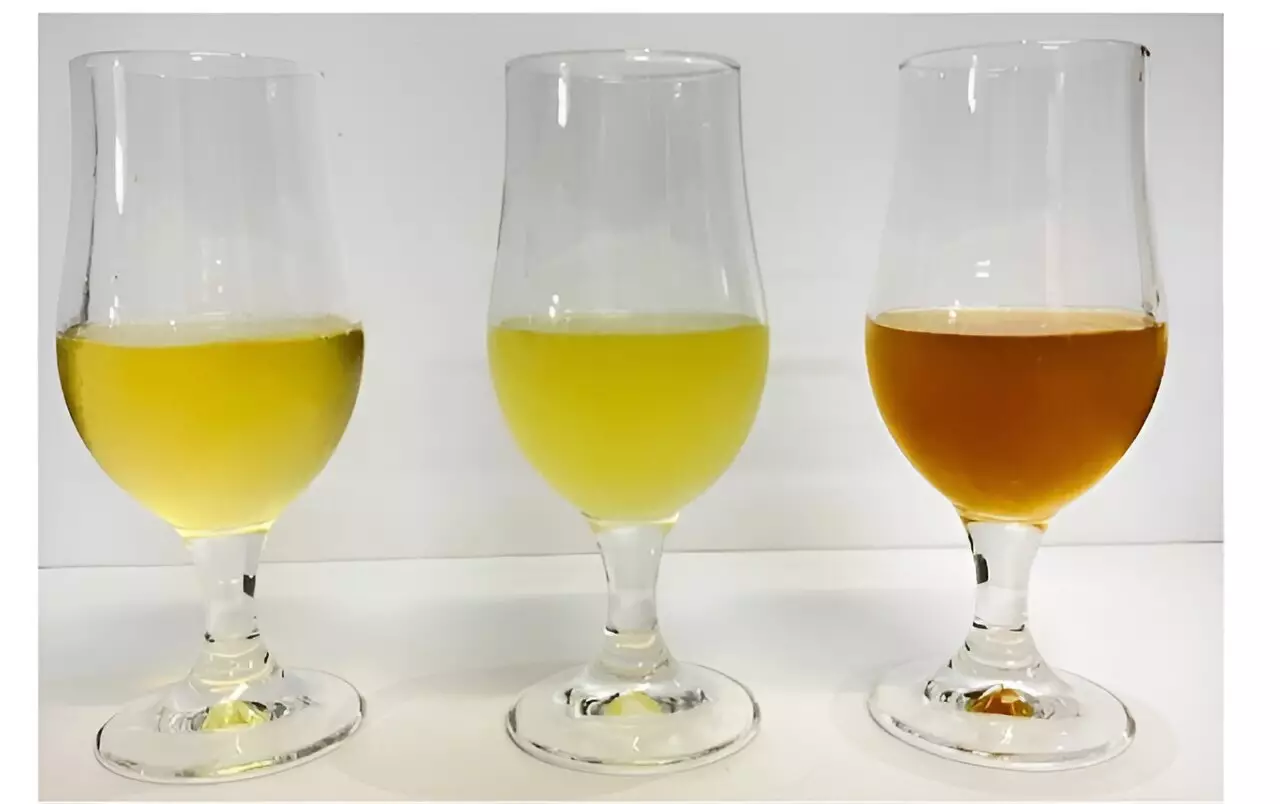Kombucha, a beloved fermented tea drink, is well-known for its bubbly texture and tangy taste. This traditional beverage has sparked interest not only among health enthusiasts but also among brewers who are eager to innovate within the realm of fermented drinks. Recent studies have begun to explore the feasibility and nutritional profiling of fermented beverages made from alternative plant-based sources, particularly fruit juices like apple and passion fruit. These explorations serve to expand the horizons of kombucha production and present exciting new flavors and health benefits.
Research Insights on Fermented Juices
A pivotal study published in the journal ACS Agricultural Science & Technology illuminated the biochemical and sensory characteristics of kombucha in comparison with fruit-based alternatives. Researchers focused on fermenting apple and passion fruit juices alongside traditional tea using a SCOBY, or symbiotic culture of bacteria and yeast. Over ten days of fermentation, the study revealed that apple juice exhibits significantly high levels of flavonoids compared to its counterparts, underscoring its potential as a viable replacement for conventional kombucha.
Flavonoids, known for their antioxidant properties, are integral to the health benefits associated with fermented beverages. The study found that while both apple and kombucha had comparable levels of phenolic compounds, the passion fruit beverage lagged behind. Across all three types of brews, anthocyanins were present in similar concentrations, adding a layer of nutritional value.
Taste, a critical component in the acceptance of any beverage, was evaluated by a panel of 12 volunteer testers who assessed the drinks’ appearance, aroma, and flavor profiles. Notably, the apple beverage garnered positive feedback, displaying a rich amber hue and a fruit-forward aroma that outshone the more subdued scents of the fermented tea. Interestingly, while kombucha and apple juice dived into the realm of sweetness, passion fruit was noted for its bitterness, highlighting the contrasting flavor characteristics that each brew offers.
Surprisingly, both the apple and kombucha received equal votes as the favorite options, emphasizing consumer affections towards diverse flavor profiles. This equality in preference suggests that variety can incredibly enhance the beverage landscape in the realm of health drinks, as consumers increasingly opt for flavor diversity alongside nutritional value.
With findings from this study underscoring the higher antioxidant and sensory appeal of fermented apple juices, the researchers express optimism for further investigations into other fruit-based ferments. Such explorations could not only unravel new flavors but also augment the health advantages tied to these innovative drinks. As the market for healthy beverages continues to thrive, the potential for fruit-based alternatives to traditional kombucha might pave the way for novel products that merge taste, wellness, and creativity in the growing beverage industry.
In essence, the journey to expand kombucha-like beverages beyond traditional tea opens up an exciting frontier. With ongoing research and the dynamic taste preferences of consumers, the future of fermented drinks appears ripe with possibilities that could redefine our drinking experiences.


Leave a Reply